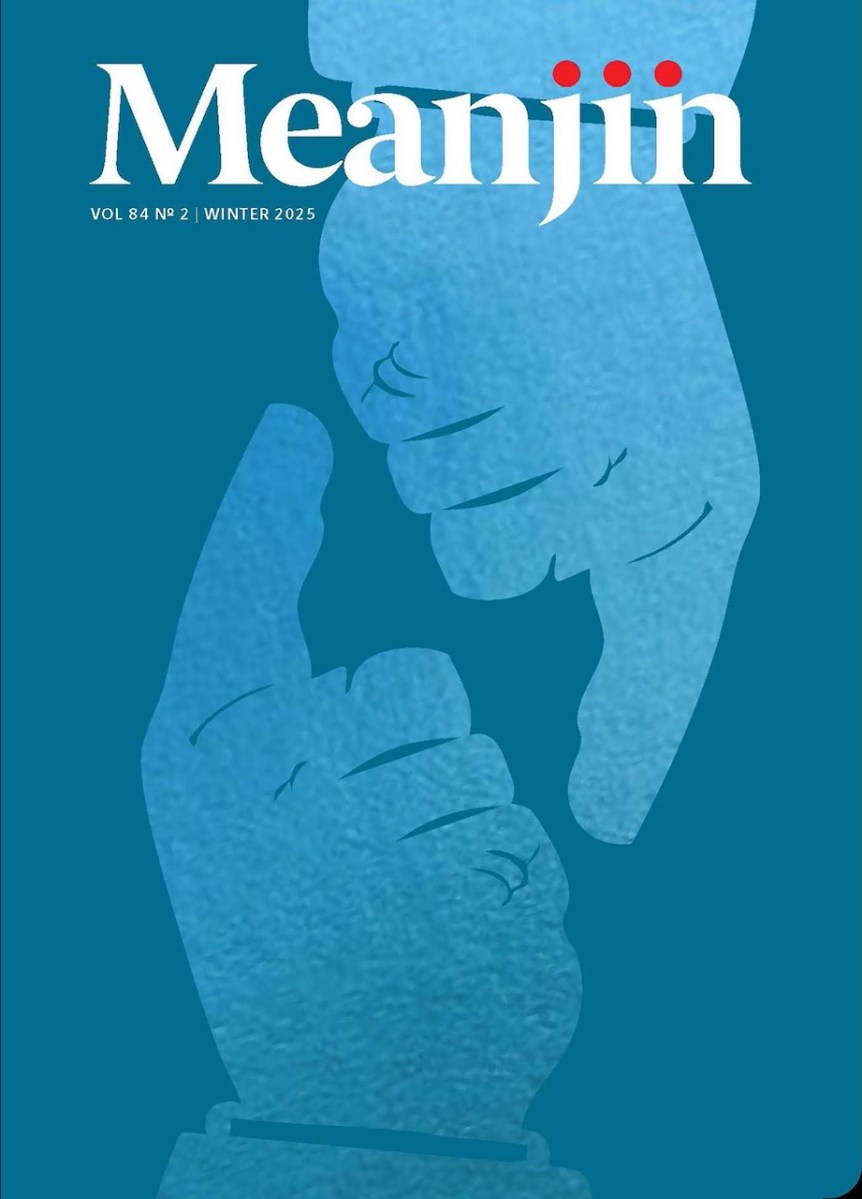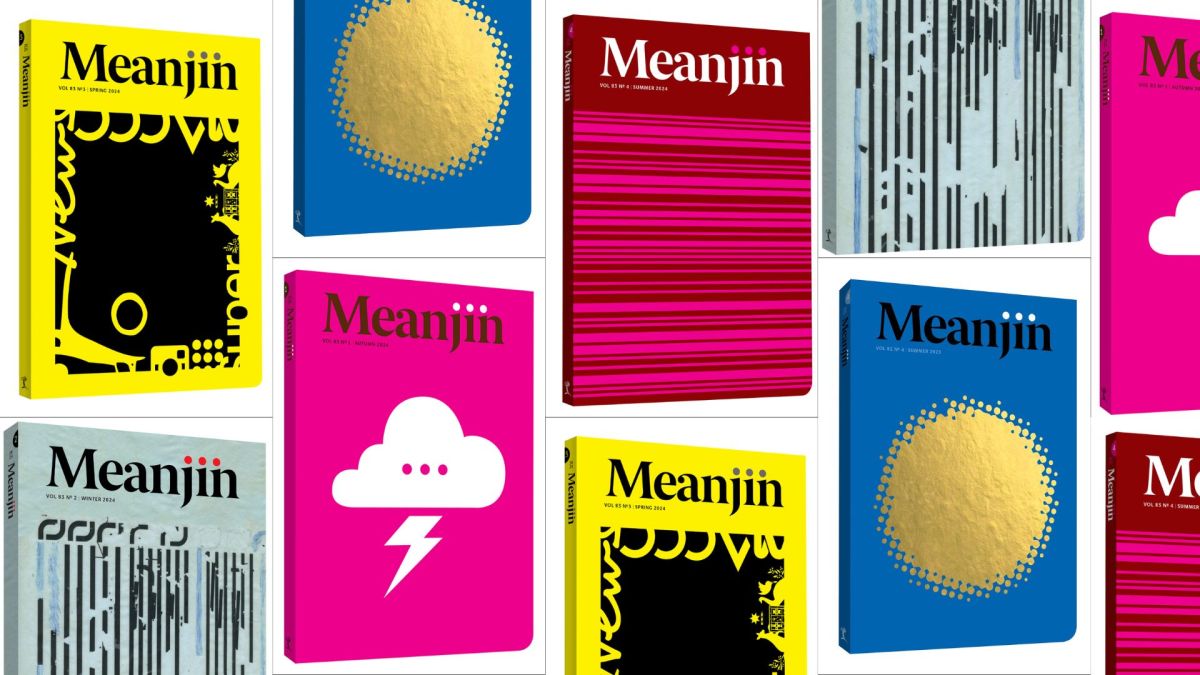The literary journal Meanjin is to be be shuttered on ‘financial grounds’, it was announced today.
Published since 1940, and funded by Melbourne University Press (MUP), the decision signals the sad end of Australia’s second-oldest literary magazine after Southerly, launched in 1939.
In a prepared statement on the closure, MUP chair Professor Warren Bebbington said: ‘This is a matter of deep regret for all at Melbourne University Press, as Meanjin has reached its 85th year of a distinguished history, the past 17 years as an MUP imprint.
‘The decision was made on purely financial grounds, the board having found it no longer viable to produce the magazine ongoing.’
The statement went on to say that the positions of the journal’s two part-time staff, Editor Esther Anatolitis and deputy editor Eli McLean, had been made redundant.

Former editors of the journal include Clem Christensen, Judy Brett and Jonathan Green, and authors who have written for its pages include Alexis Wright, Michelle de Kretser, Helen Garner, Yumna Kassab, Christos Tsiolkas and Eda Gunaydin among many others.
Green was as quoted in Crikey, which broke the story, as saying: ‘The death of Meanjin is a loss to the country’s cultural memory and a loss to those writers who might have been part of its literary present and future.
‘This is a magazine established during World War II as a bulwark against the Australian tendency to anti-intellectualism, our national habit of punching down on gentle creative expression.
‘This is a bad call by the University of Melbourne. Yes, the university has supported Meanjin since 1945, but in my view it had an obligation to keep doing that, a sign of its commitment to Australian literary writing, to something that has endured beyond the passing thrills of the here and now.’
Authors have been quick to condemn the news on social media.
On Instagram, author Melanie Cheng wrote: ‘It has been an honour and a privilege to have been published in Meanjin alongside the greats of Australian letters. […]. Where else will we find the future giants of Australian letters? Such value goes beyond money. Indeed, it is priceless. One of the wonderful things about culture is that it needn’t die when we do. It can and should continue, nurturing and celebrating the next generation of writers. Today is a very sad day.’
On BlueSky, author Claire G Coleman wrote:
‘Meanjin Journal is 85 years old; older than the Sydney Opera House. Closing it down is cultural vandalism of the highest order, roughly equivalent to demolishing the above mentioned opera house. I am disgusted.’
Meanjin and cultural memory
In a review of Meanjin: Essays that Changed Australia in December last year, which evaluated the contribution of the journal to Australian culture over the past eight-and-a-half decades, ArtsHub’s Erich Mayer wrote:
‘Many of the essays in this collection throw light on problems to be solved, matters to be understood and rife misconceptions in the broader community when it comes to First Nations people’s history, languages, place names and cultures.
‘They focus on an admirably diverse range of topics, from town planning and problems with the Australian Constitution to intergenerational intolerance and the political role of the artist.
‘Without exception, the writing is powerful and persuasive. These writers are not only passionate about their subject, but understand it deeply; this is at least one of the reasons that even those essays written years ago are still relevant.’
Meanjin will cease publication after its final issue in December 2025.
See also: Meanjin: bean counting misses the intangible value of reading and imagining





